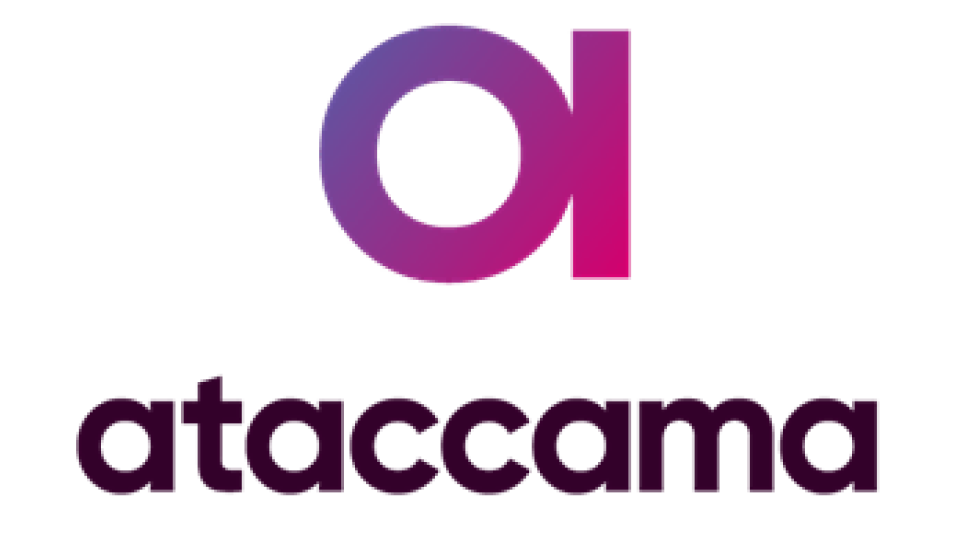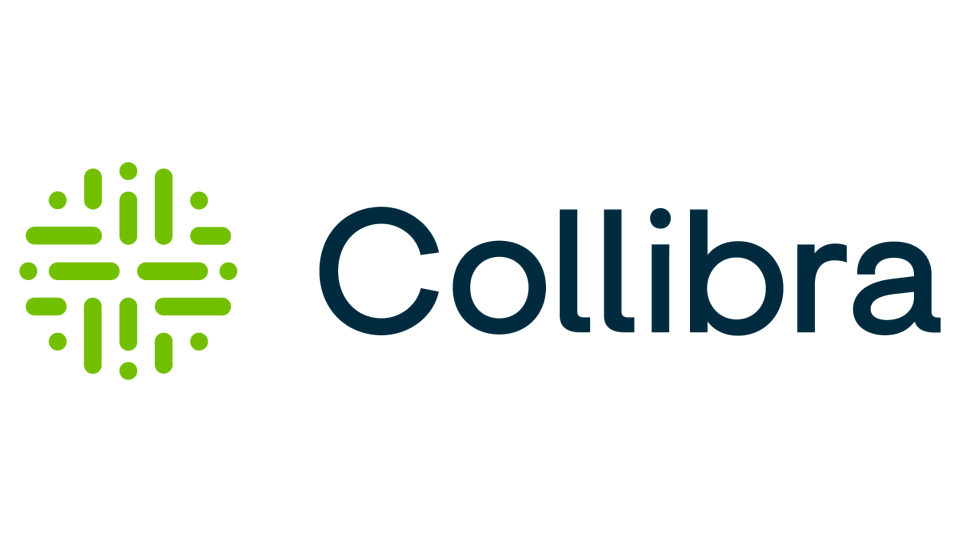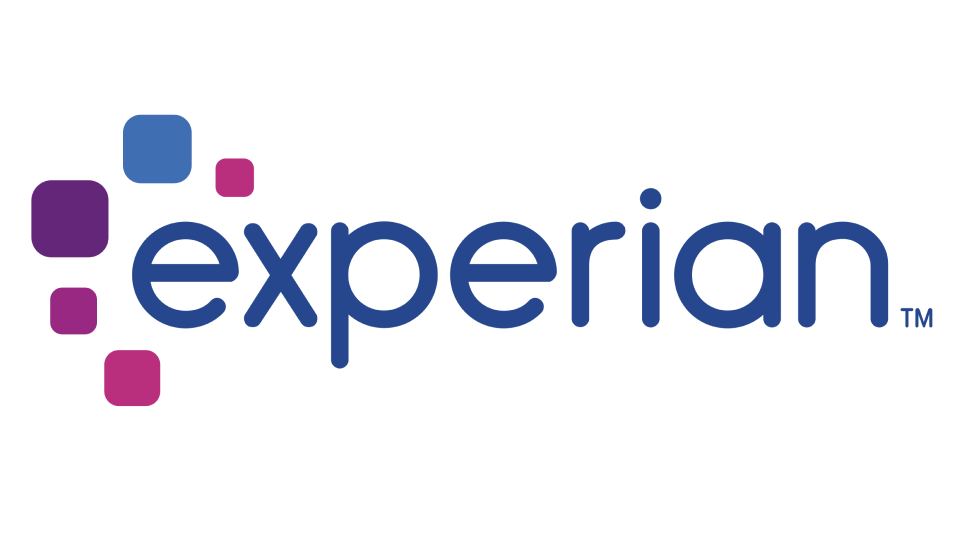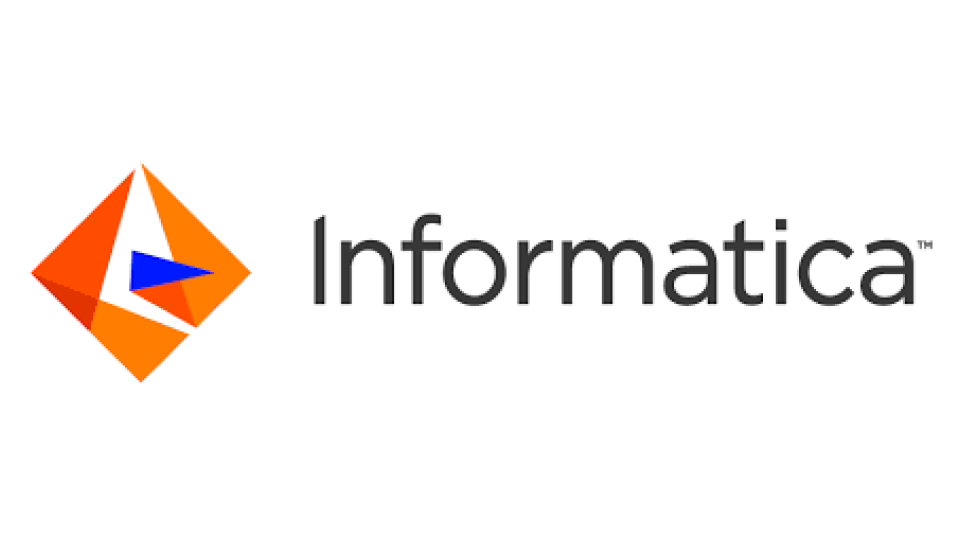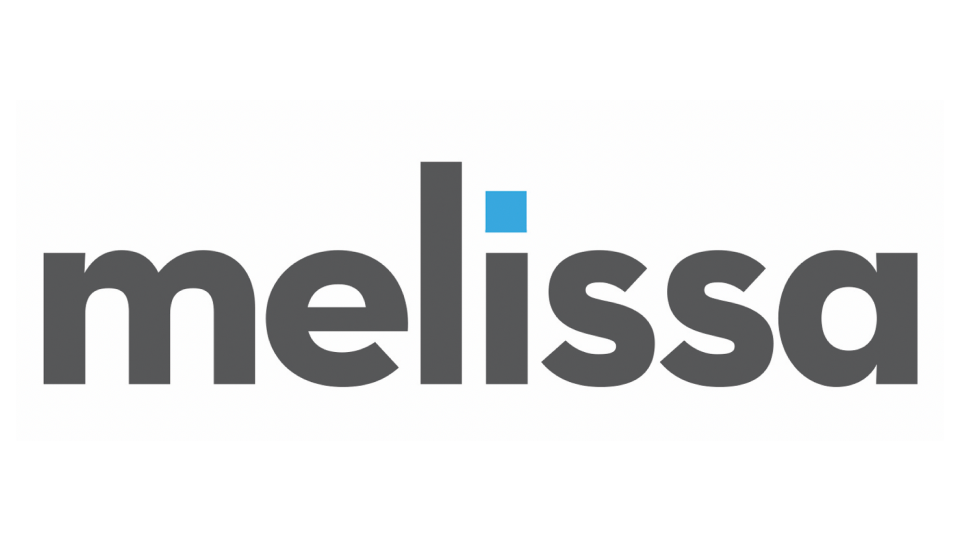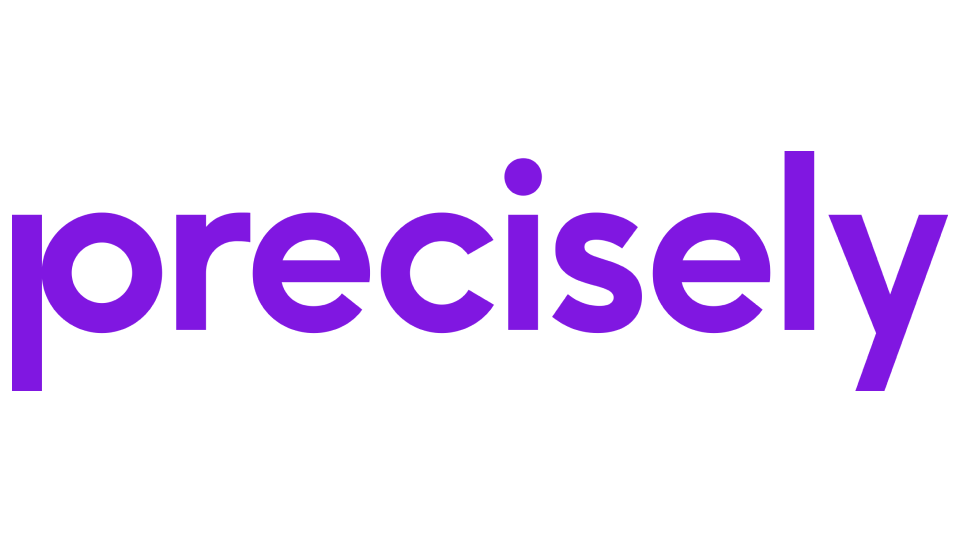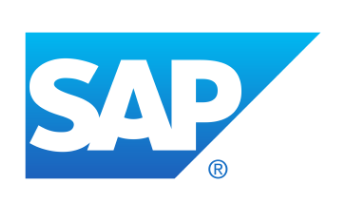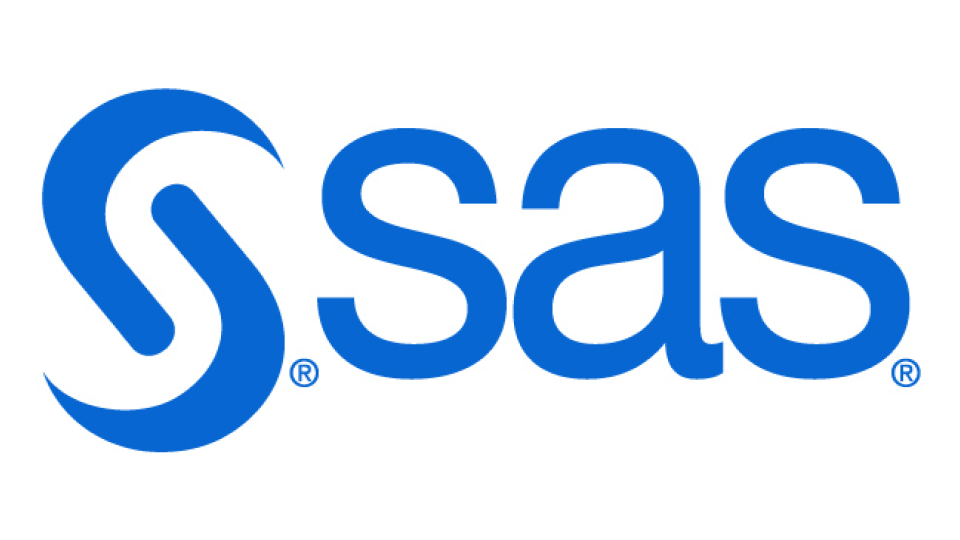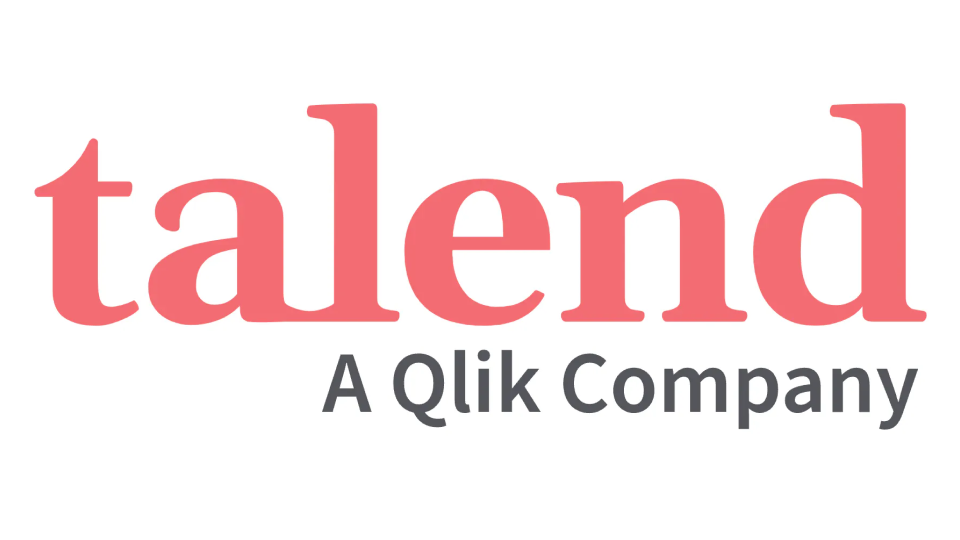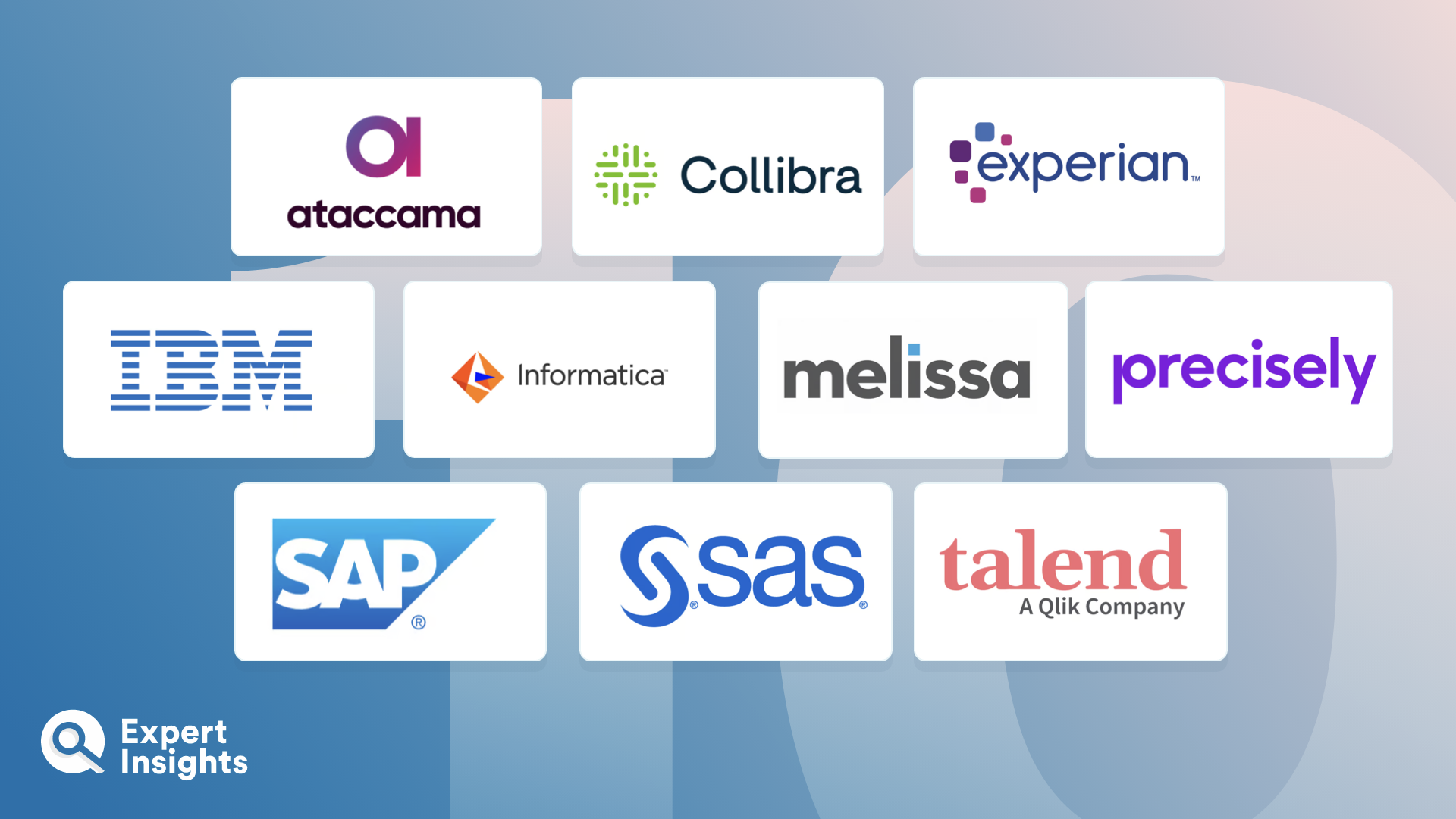Everything You Need To Know About Data Quality Tools (FAQs)
What Are Data Quality Tools?
If your business wants to make data-driven decisions, you need to base those decisions on high-quality data. Data quality refers to the completeness, accuracy, and relevance of data. It’s becoming increasingly important for organizations to improve and maintain the quality of their data. However, the huge volumes of data that we use today—alongside a plethora of diverse data types—makes this easier said than done. That is, unless you implement a data quality tool.
Data quality tools enable organizations to identify, understand, and resolve flaws and inconsistencies in their data. To do this, they implement and automate a range of functions, such as data profiling, parsing, standardization and cleaning, enrichment, and monitoring. This means that data analyst teams can spend less time combing through their data sets for inconsistencies, and more time analyzing the data. It also means that any analysis they undertake will be based on accurate, consistent, complete, and well-governed data—which, in turn, increases the reliability of any conclusions drawn from the analysis.
How Do Data Quality Tools Work?
Data quality tools use a combination of profiling, cleaning, standardization, validation, monitoring, and reporting features to ensure that data is accurate, consistent, and reliable throughout its lifecycle. When implemented, data quality tools are integrated with your data pipelines and workflows so that they can automatically carry out quality checks to prevent poor-quality data from entering the system as it’s collected.
After this initial check, once the data is collected, the data quality tool will carry out a series of more advanced functions to help improve the quality of the data set. Usually, data quality tools start by profiling the data. This helps the tool to understand the structure and characteristics of the data and identify any patterns or relationships within it. The data quality tool then standardizes the data, converting it into a common format, and cleans it. This involves correcting errors and inconsistencies, such as misspellings and duplicates.
Once the data has been cleaned, some data quality tools enrich or augment it with data from other sources. This can add more context to the data, giving it more quality in terms of depth and usefulness.
The final check that the data quality tool does is to validate the data against a set of pre-defined rules. This ensures that the data is accurate (i.e., relevant for its intended use), adherent to business rules and processes, and compliant with data protection and privacy standards.
After all checks have been carried out, data quality tools continue to monitor the quality of the data over time. They provide reports into the state of the data, which highlight areas for improvement so that data analyst teams can quickly address issues, keeping the data accurate and up-to-date over longer periods of time.
What Features Should You Look For In A Data Quality Tool?
Choosing the right data quality tool is crucial for ensuring the accuracy, reliability, and consistency of your data. To help you find the right solution for your business, here are the key features you should look for in a data quality tool:
- Data Profiling: Your chosen solution should analyze and profile data to understand its structure, completeness, and quality, as well as identifying any anomalies, duplicates, and missing values.
- Data Cleaning: Data quality tools should offer a broad range of cleaning functions that correct the errors found during profiling. These should include standardizing the data’s format, units, and values to maintain consistency; merging or removing duplicate records; fuzzy matching to handle variations in the data and improve accuracy; removing outliers; and filling in missing fields.
- Data Enrichment: Some data quality tools offer the ability to enhance data by adding missing information from external sources. To do this, they need to be able to integrate with third-party enrichment services.
- Data Validation: In order to ensure compliance with your own internal rules and federal- or industry-mandated data protection and privacy regulations, your solution should enable you to define and enforce custom validation rules.
- Data Governance and Security: The solution should offer role-based access controls and encryption to secure sensitive data.
- Data Monitoring and Reporting: The work shouldn’t end after the above checks are carried out; the best data quality tools continuously monitor data quality to identify issues as they arise and ensure the data remains accurate and up-to-date over longer periods of time. They also offer customizable dashboards for monitoring and analyzing data quality trends, and comprehensive reporting features to track and visualize data quality metrics.
- Integration: Your chosen solution must be compatible with the workflow and business process management tools you’re already using, as well as all types of data source that you’re going to be pulling data from (e.g., data storage systems, databases, and data integration tools).
- User-Friendly Interface: There’s no use in implementing a data quality tool that is too complicated or inaccessible for your team to use. Look for an intuitive and user-friendly interface that support for both technical and non-technical users.



